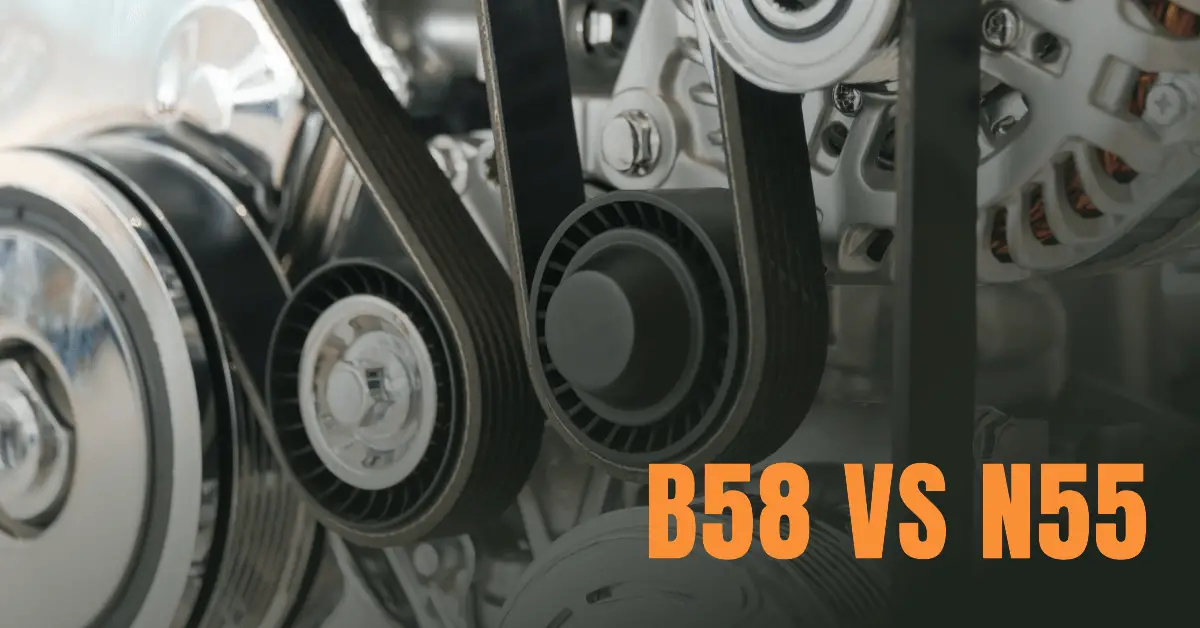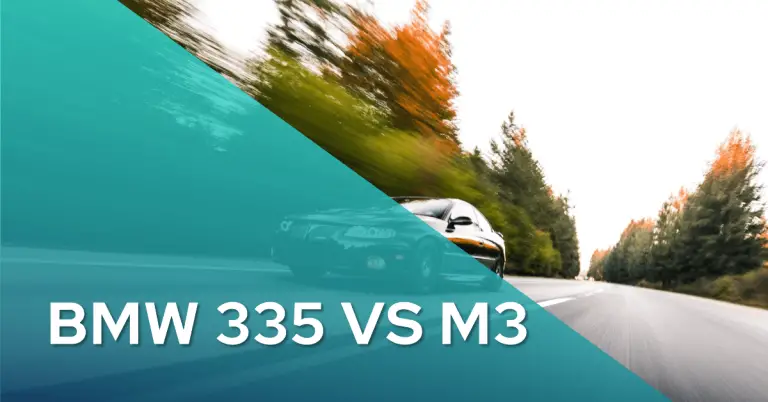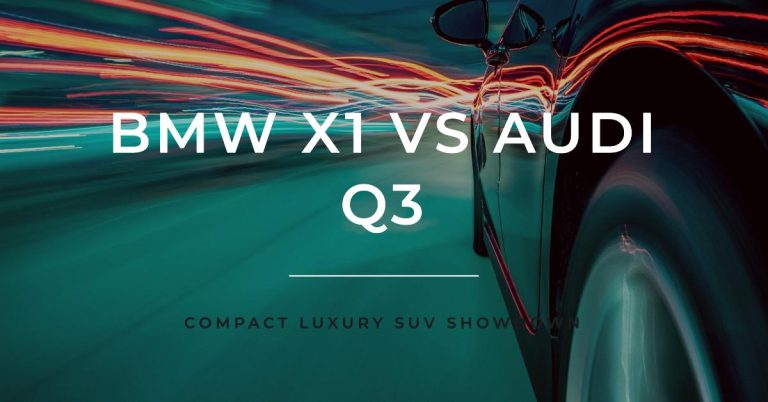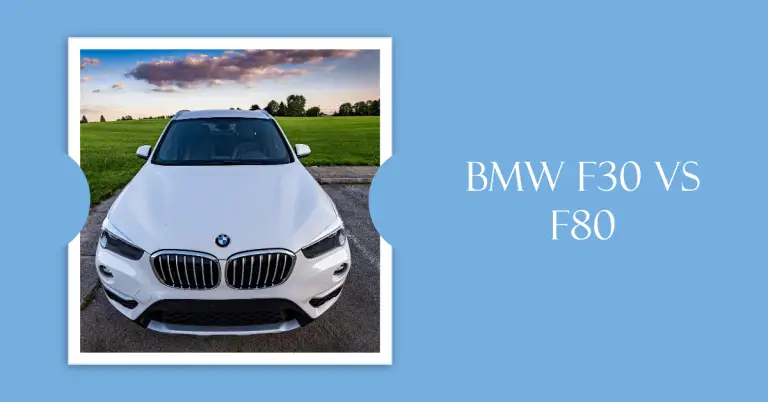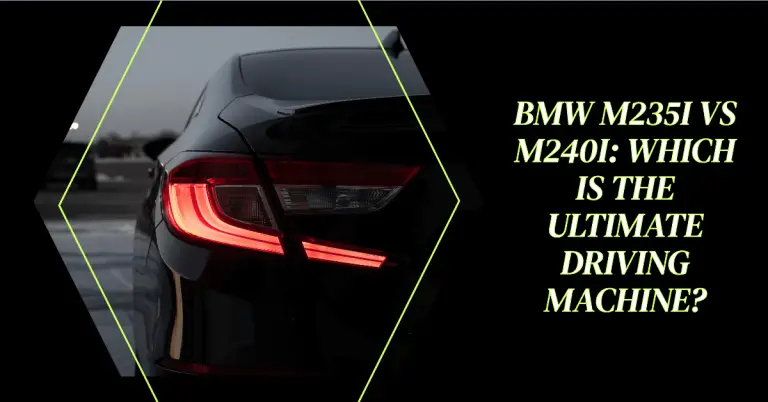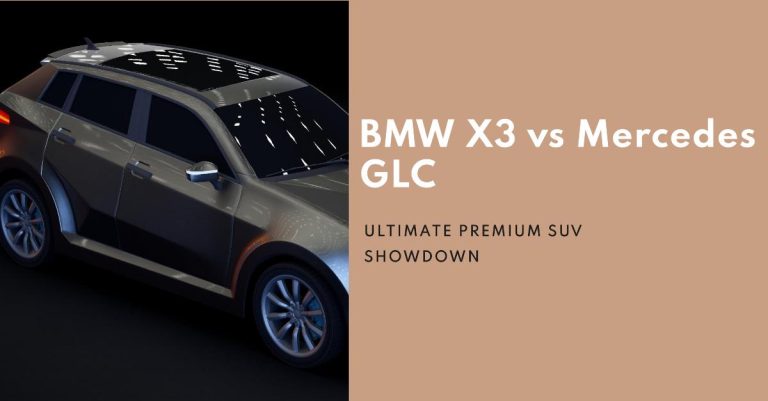B58 vs N55: A Comparison of BMW’s Turbocharged Engines
So which M engine is better and more powerful – the newer B58 or the older N55? When it comes to performance, reliability, and tuning potential, the B58 engine is the clear winner. This in-depth guide will compare the BMW B58 and N55 across power figures, tuning capability, known issues, aftermarket support, sound, and cost. Read on to see how the B58 and N55 stack up.
Overview and History of the B58 and N55
First debuted in the 2015 F30 340i, the BMW B58 is a 3.0-liter turbocharged straight-six engine that was engineered from the ground up by BMW. It was designed to replace the older N55 engine and represents BMW’s most advanced in-line six cylinder powerplant to date.
The B58 has since become BMW’s go-to straight six, powering models like the M340i, Z4 M40i, X3 M40i, X4 M40i, and more. It has even made its way into Toyota Supra models starting in 2020.
In contrast, the N55 engine first appeared in the 2009 E90 335i. It replaced the naturally aspirated N54 across the 3-series line and features a single twin-scroll turbo instead of the N54’s twin turbos. The N55 updated the direct injection system and added Valvetronic variable valve lift.
The N55 was BMW’s workhorse straight six from 2009 until the B58 succeeded it starting in 2015. It remains a popular tuning platform to this day, especially for older model BMW enthusiasts.
Stock Power and Torque Figures
One of the main differences between the N55 and B58 is found in their stock power and torque outputs:
- B58 3.0L – 255-382 horsepower, 295-369 lb-ft torque depending on model
- N55 3.0L – 300-335 horsepower, 300-332 lb-ft torque depending on model
On paper, the peak horsepower and torque ratings appear close, but the B58 maintains its power across a wider powerband. It makes more low-end torque which helps acceleration feel quicker in real world driving.
The B58 also utilizes a closed-deck engine block design along with stronger internals, allowing it to reliably produce more power, especially when modified.
Tuning Potential
When it comes to tuning capability, the BMW B58 clearly wins. While the N55 can safely make around 400-450whp on stock internals, the B58 can achieve over 500whp without opening up the engine.
Here are some tuning capability comparisons:
- Stage 1 – B58 makes 380-400whp, N55 makes 340-360whp
- Stage 2 – B58 makes 450-500whp, N55 makes 400-450whp
- E85 Tune – B58 makes 600-650whp, N55 makes 500-550whp
Owners report the B58 feeling noticeably faster than a comparable N55 once both engines are tuned to stage 1 levels. The B58’s extra low-end torque and broader powerband give it an advantage.
When upgrading the turbocharger, downpipes, fuel system, and tuning to E85, experienced B58 tuners are able to push over 650whp on pump gas or 750whp+ on race fuel mixes.
These power levels start to push the limits of the B58 block and require upgraded engine internals. Meanwhile, the N55 tops out around 600whp before needing to open up the engine.
Reliability and Known Issues
The N55 engine has proven less reliable than the newer B58 motor. Some common N55 issues include:
- Wastegate rattle – Failures of the single turbo wastegate actuator are common. Symptoms include rattling noises and boost leaks.
- Timing chain guide failures – The plastic guides wear out prematurely, causing a ticking noise and potential for skipped timing.
- Water pump and thermostat failures – Low quality water pump impellers often break apart. Plastic thermostat housings also crack over time.
- Oil leaks – The N55 is prone to valve cover, oil filter housing, and oil pan gasket leaks as it ages. Seals tend to harden and fail.
- Carbon buildup – Direct injection and turbulent intake airflow cause carbon buildup on intake valves over time. This can restrict airflow if not cleaned.
In comparison, the B58 has proven to be a very robust engine so far. While carbon buildup on intake valves remains a maintenance item, other major failures common to the N55 haven’t emerged yet in the B58. Only time will tell, but so far reports indicate excellent durability.
Aftermarket Support
When the B58 first debuted, it lacked aftermarket support compared to the mature N55 platform. But these days, all major vendors like Cobb, MHD, and Bootmod3 offer B58 tuning software and hardware.
Here’s a look at the aftermarket support for key components:
Intercoolers
Upgraded intercoolers are critical for maintaining charge air temperatures under heavy boost pressure. Options include:
- B58 – CTS Turbo, Pure Turbos, VRSF intercoolers
- N55 – CTS Turbo, Pure Turbos, VRSF intercoolers
Intakes
Aftermarket intakes improve airflow while also enhancing turbo and induction noise:
- B58 – AFE, Eventuri, CTS Turbo intakes
- N55 – AFE, Eventuri, CTS Turbo intakes
Exhausts
From cat-backs to downpipes, exhaust upgrades unleash power while generating a deeper tone:
- B58 – Remus, Akrapovic, CTS Turbo, Pure Turbos exhausts
- N55 – Remus, Akrapovic, CTS Turbo, Pure Turbos exhausts
Tuning Software
Custom tuning software unleashes extra power through customized maps:
- B58 – Bootmod3, MHD Flasher, Cobb Accessport
- N55 – Bootmod3, MHD Flasher, Cobb Accessport
While the N55 platform has more years of development, the aftermarket has quickly caught up in supporting the B58 engine as well.
Sound Comparison
One area where the older N55 engine holds an advantage is sound. The N55 is often considered one of the best sounding BMW inline-6 engines, especially with aftermarket exhaust.
The B58 has a muted, muffled exhaust tone from the factory. Even with a performance exhaust installed, it lacks the crisp, unfiltered sound that defined the N55 at high RPMs.
Some theories for why the B58 sounds more restricted include:
- Larger turbo muffler the noise
- Particulate filter in the downpipe
- Improved sound insulation in new chassis
Of course, sound preference is subjective. But many BMW enthusiasts agree the unobstructed, fruity wail of a tuned N55 at wide open throttle is peak BMW inline-six. The B58 simply can’t match it.
Cost Comparison
Since the N55 is the older platform, it holds some cost advantages over the newer B58:
- Used N55 cars like 335i’s and 535i’s can be found for lower prices than B58 equivalents.
- Aftermarket N55 parts for tuning have come down in price over the years.
- Replacement components like turbos, injectors, and coils are less expensive for the N55.
However, when shopping for a tuned project car, some other cost considerations include:
- Higher mileage N55’s will likely need preventative maintenance like replacing the water pump, carbon cleaning, and dealing with oil leaks.
- Tuning the N55 may require upgrading areas like the intercooler and charge pipes sooner to handle the power increase.
- Labor costs for repairs and maintenance are similar between the two engines.
The N55 offers the best value for budget-oriented buyers looking to build a high horsepower BMW straight six. But opting for the B58 provides some insurance against potentially costly repairs down the road.
Which Engine is Right For You?
So when comparing these two legendary BMW inline-6 engines, which is the better option? Here’s a final recap of the pros and cons:
BMW B58 Pros:
- Newer design with stronger internals
- Makes more power in stock and tuned form
- Proven very reliable so far
- Parts and tuning support continue to expand
BMW B58 Cons:
- Newer platform increases cost
- Not as great sounding as N55
BMW N55 Pros:
- Proven tuning capability up to 600whp
- Iconic high revving sound
- Savings on used market and parts
- Huge aftermarket support
BMW N55 Cons:
- Less reliable with more known issues
- Makes less peak power when tuned
- Higher mileage examples need maintenance
For pure performance, the B58 is the superior engine and the one to go with if building a car focused on big power. It represents the future of BMW’s straight six lineage.
But the N55 remains alluring thanks to its iconic sound, immense tuning potential, and value savings. It offers the classic BMW inline-six experience with more affordable entry points for enthusiasts.
Deciding between the B58 and N55 comes down to your budget, how much power you plan to make, and what issues you’re willing to deal with. Either engine provides an amazing platform for Modified BMW builds when paired with the right supporting mods and professional tuning.

